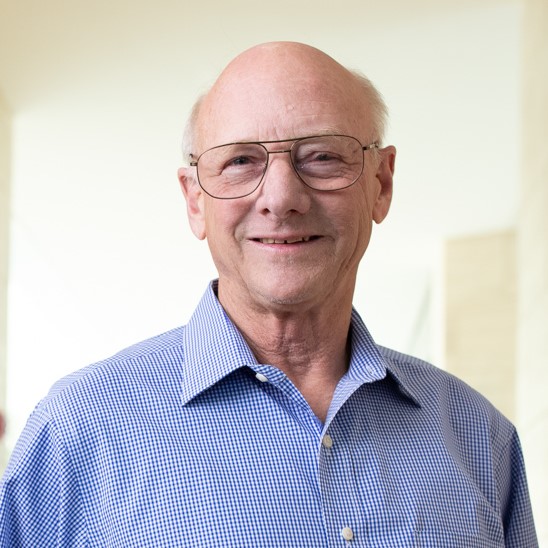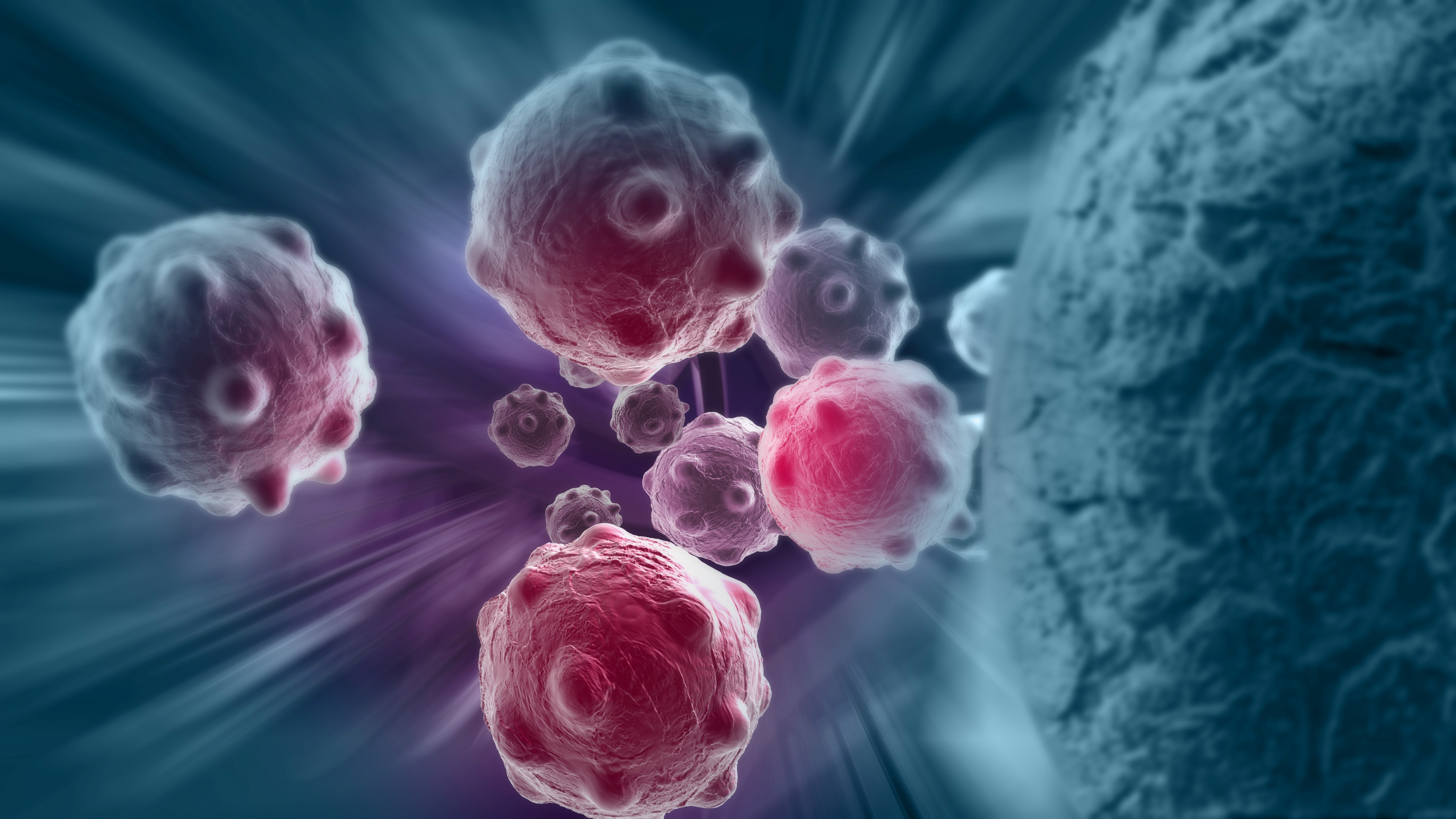by Buck Institute
September 6, 2023 . BLOG
The Future of Cancer Research
The key is to molecularly subclassify rather than simply identify the “type” of each cancer
 Cancer is not a single disease. Nor are specific types of cancer, such as breast cancer or lung cancer, single entities either. “Research is showing that cancers from the same organ are often quite distinct, but what appear to be quite diverse cancers are also linked by molecular signatures relating to their specific tissue of origin,” says Buck professor Christopher Benz, MD.
Cancer is not a single disease. Nor are specific types of cancer, such as breast cancer or lung cancer, single entities either. “Research is showing that cancers from the same organ are often quite distinct, but what appear to be quite diverse cancers are also linked by molecular signatures relating to their specific tissue of origin,” says Buck professor Christopher Benz, MD.
Benz thinks that the future of cancer research lies in figuring out how to reveal these hidden commonalities in order to to make cancer diagnosis and treatment more precise and personal. “This new framework for characterizing tumors will give patients the best chance for successful treatment if their tumors can first be subclassified by their molecular and genomic makeup,” he says.
The word cancer refers to the uncontrolled growth and invasiveness of cells. Until recently, most research and treatment of cancer has been compartmentalized by type of tumor, as defined by the organ where the tumor originated. In more than 40 years of researching and treating cancer, Benz experienced that “silo” effect himself, beginning his career as a general oncologist but eventually specializing in breast cancer because of his interest in hormone-driven tumors.
As part of his breast cancer studies, he found not only that some cancers responded to quite different treatments based on whether they overexpressed various growth-regulating receptors, but also found that some breast cancers had different age-related patterns of incidence, depending on their molecular subtype.
“So we knew that molecular subtypes were important for breast cancers, but it hadn't been looked at across the board for all cancers,” he says. “I wanted to get back to my general oncology roots and look at the molecular structure of all cancers - a ‘pan-cancer’ effort - and try to come up with new diagnostics and better therapeutics,”
In a very forward-thinking effort, Benz helped create a partnership with UC Santa Cruz computer scientists and bioinformaticians in 2012, with Benz bringing his oncology background, clinical skills and laboratory experience to the mix.
This collaboration was called the UCSC-Buck Institute Genome Data Analysis Center, co-directed by Benz and each of two different professors at the UCSC Baskin School of Biomolecular Engineering, first Dr. David Haussler (currently Scientific Director of the UCSC Genomics Institute) and for the last decade Dr. Joshua Stuart, theJack Baskin Endowed Chair at UCSC. The UCSC-Buck Center began as one of seven national data analysis centers within The Cancer Genome Atlas (TCGA) program, a joint effort of the National Cancer Institute (NCI) and the National Human Genome Research Institute (NHGRI).
One culminating output of the national TCGA collaboration, driven largely by the UCSC-Buck Center, was the multi-omic (DNA, RNA, protein) analysis of genomic and molecular pathway data from more than 10,000 patients, characterizing 33 different types of cancer. Called the Pan-Cancer Atlas, the results appeared in 2018 in 27 papers in several major journals.
“Over the years, we've made a major dent in proving the point that there are cancer-driving pathway commonalities and molecular signature differences across types of tumors, regardless of where the tumor originated,” says Benz.
All that information made incredible headway in painting an integrated picture of the various cancer-driving mechanisms across a range of cancers, but that doesn’t mean that it gives a cancer patient the ability to present information to their oncologist to apply it to their treatment. Benz and his team want to transform all those terabytes of information into a usable tool.
“Why should we spend all this time doing a molecular and genetic analysis of a cancer unless it's going to help us treat patients?” he asks. The information might indicate that no treatment is necessary because it is such a slow growing tumor. Alternatively, it might indicate that a specific targeted agent is warranted, as the typical chemotherapy agents won’t work. “But we can't really figure that out unless we have the medical evidence to do that. So that's what we're continuing to do,” he says.
So Benz and his UCSC colleagues have been continuing their TCGA consortium legacy and over the past five years have been working with an expanded network of NCI and NHGRI funded investigators across several countries, attempting to generate a more consolidated set of cancer subtyping DNA, RNA and protein molecular markers.
By re-examining what their Pan-Cancer Atlas referred to as the “multi-omic molecular redefinition of all cancers,” Benz and his team of cancer bioinformaticians and computer scientists have now deployed several machine learning/artificial intelligence (AI) tools to identify a much smaller and more consumer-friendly set of biomarkers that can be assayed at the time of cancer diagnosis to enable more personalized and clinically effective treatment decisions. Their work on this was recently submitted and is now under revision for publication in Cell.Benz hopes it will be published before year’s end.
“More and more, we are pushing to convince the world that everybody's tumor should get molecularly subtyped, for so many good reasons,” he says. “This is a big task and it's going to go on for a long time. And I feel very much a team player in all of this.”

SHARE